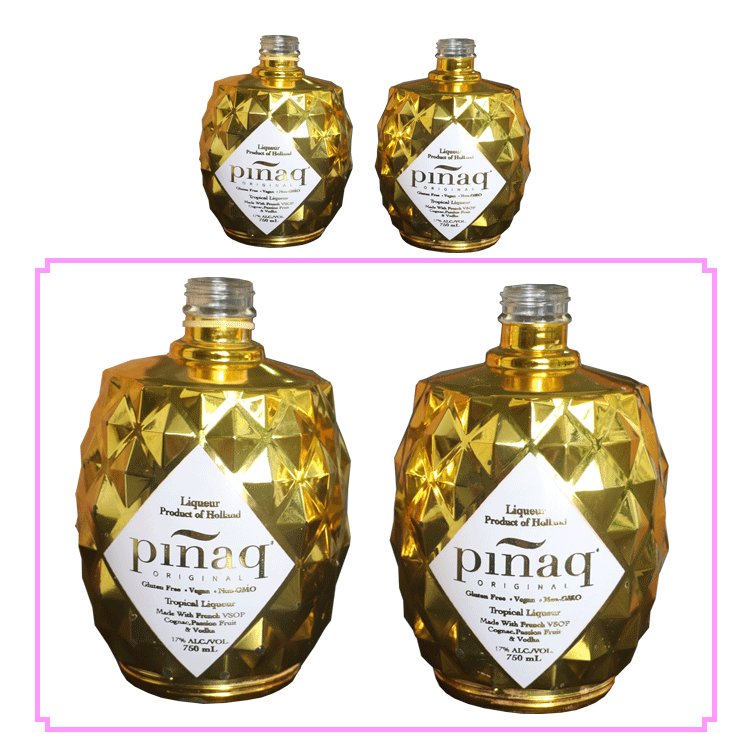The glass surface cannot be gilded directly. If gilding is required, a coating can be established on the glass surface first. There are many ways to establish the coating, such as spraying, silk screen printing, and thermal transfer printing. Screen printing is one of the more common processes for establishing coatings. It has the characteristics of uniformity, easy control of thickness, and good adaptability to inks of various components. It is widely used in glass bottles, glass cups, or glass plates and other products. Applications. However, it is difficult to print the surface of irregular products such as spheres, concave surfaces, convex surfaces, etc. with silk screen printing. If such bottles need bronzing, other processes may be considered.
We naturally think of the pad printing process. The pad printing machine is equipped with a very soft rubber head for printing, which can wrap the surface of very complex products, showing irreplaceability on the surface of spheres, bowls and even more complex products.
The customer's product is a glass bottle with a shape similar to a pineapple. There are two relatively smooth but spherical areas on the surface of the bottle body that need bronzing, so naturally they will consider using pad printing to print the bottom layer first. In this experiment, we found a kind of glass ink that can be bronzing, carried out multiple pad printing, established the coating, and then used a flat bronzing machine to install a silicone mold with a curvature for bronzing, which better met the customer's needs.
Due to the multiple printing and drying of ink involved in pad printing, and even the difficult bronzing, the efficiency of the product is low. For this reason, we have also designed an automatic pad printing and bronzing machine that integrates pad printing and bronzing, which greatly improves the production efficiency. .

